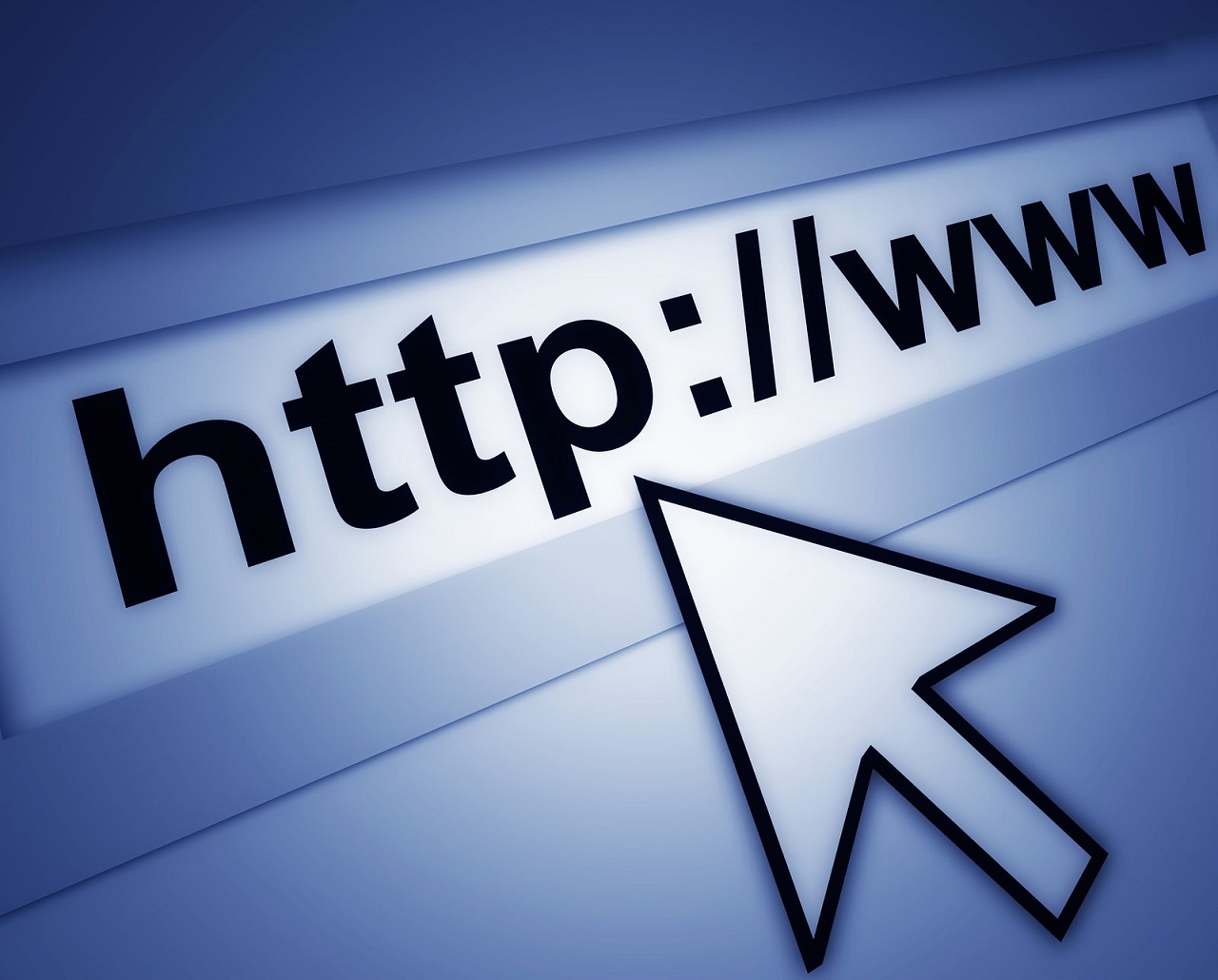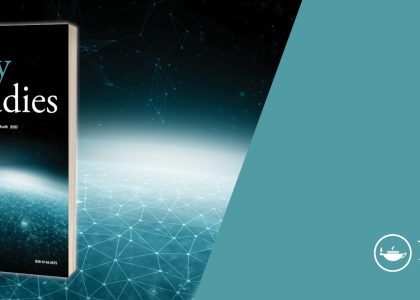Dr. Adam Behr explains why net neutrality, a topic about which the public often knows little, is important. He argues that research is needed to track the effects of of changes to traffic management on the net to inform policy.
Much of the most public political heat generated recently around the Internet has, unsurprisingly, been focused on privacy. Yet what once may have seemed like an arcane point of technical management is rapidly evolving into a political battleground.
‘Net neutrality’ is the principle that all data on the Internet are treated equally, that there be no different charges according to the type or originator of content, or who the end user might be. In other words, Internet Service Providers (ISPs) can’t prioritise traffic from particular sources or different kinds of data, whether it is an email, this blog or a movie stream from Netflix. The infrastructure of the Internet from inception was literally ‘neutral’, all traffic treated equally.
Whilst this worked well enough initially, the growth of more data intensive services (voice calls, streaming songs and movies) and, of course, the vast increase in traffic has put pressure on the system. Arguments have raged back and forth for a good while now about the pros and cons of how to manage traffic on the Internet.
Broadly speaking, telecoms companies and ISPs argue that case that they should be allowed to charge differential rates for heavier use, or prioritise services accordingly, to allow them to preserve and expand the infrastructure. Advocates of an open Internet, in contrast, argue that this could choke off innovation, their argument being that having bandwidth equally accessible to all users maintains the potential for new and smaller developers to make their products and services available without being beholden to – and liable to anti-competitive financial constraints from – the companies that manage the Internet’s infrastructure.
These cases are well-rehearsed, to the point where positions are becoming increasingly entrenched. Certainly, there’s a tendency for the rhetoric to shift gear into hyperbole. As UEA’s Paul Bernal points out on his own blog, it can seem that just about every proponent of every argument related to the net – and this includes both sides of the net neutrality debate – says that unless a particular measure is/isn’t adopted, it will spell doom for the whole enterprise.
More specifically, with regard to net neutrality, John Naughton has argued recently for a degree of pragmatism. Changes to the net might be required but they shouldn’t be at the behest of specific corporate interests that will raise the bar to entry, and innovation. It will be a poor show if the management of the net privileges the major players at the expense of others whilst:
On the other hand, net neutrality needs to be treated more as a pragmatic aspiration than as holy writ. It needs to be reinterpreted from time to time to stay relevant to changing technological conditions – which is why it made sense once to accept that packets carrying streaming media or voice calls should be handled differently from those carrying email or web pages.
(John Naughton, ‘We need to be pragmatic about the principle of net neutrality’, The Guardian, 30 November 2014)
Notwithstanding calls for framing the competing arguments in less absolutist terms, it’s also worth widening the discussion to include a greater array of end-users to prevent it becoming a partisan political football. The football match, however, is already beginning. To an extent this was inevitable, particularly given the reach of political lobbying (especially in the U.S). Tom Wheeler, the head of the Federal Communications Commission (FCC), which is tasked with regulating the ISPs, was formerly a lobbyist for the telecommunications industry, which has a direct financial interest in managing traffic and diluting neutrality.
There’s a long history of legal back-and-forth over this in the U.S.A but when President Obama weighed in strongly at the end of November in favour of regulating to protect neutrality, on the basis that the Internet is now a utility (like electricity, or water) it wasn’t just the cable companies that wailed and gnashed their teeth. Republican Senator Ted Cruz called it the ‘Obamacare of the Internet’.
This is the height of partisan politics. Regardless of the issue, say the opposite of whatever your opponent says, simply because they’re saying it. In many ways, it’s also plainly incorrect and seems to misunderstand the core issues. Nowhere is there the suggestion that government would take charge of the Internet, or roll out a programme (as with Obamacare) to alter its management. Classifying the Internet as a utility would, in fact, preserve the status quo.
Yet whilst it’s understandable enough that such a staunch advocate of small government would rail against regulation, there’s also a free-market case to be made in favour of preserving neutrality. It’s one that says preventing telecoms companies from providing differential rates for different speeds of data transfer allows for greater competition – promotes the rugged entrepreneurship that has allowed for many of the new web based giants to flourish. (Imagine if, say, Facebook at its inception had to compete with a service offered by one of the major ISPs).
The ‘free market’ case, in other words, can cut both ways. The same applies to other arguments about maintaining, or diluting, neutrality. Small state advocates balk at the thought of governments regulating who gets to say what on the net via regulating the flow of data. But this is in some ways conflating different uses of the word ‘free’ (like free as in ‘free speech’ and free as in ‘free beer’). And a liberal-left argument could also make the case for ‘free speech’ by highlighting the needs of small-scale operators against corporate interests.
What’s at stake here isn’t immediately the content itself but how it moves around although, as Lawrence Lessig has argued, the architecture of a system affects what gets produced within it. So the infrastructure of the net is more than just a set of pipes for delivering packets of data and could ultimately affect the content we get.
Either way, unless we can find a cheap, rapid way of massively increasing the infrastructure of the net, there may well end up being some kind of ‘regulation’. It’s a question of how that takes place.
Governments can potentially limit the operations of one set of stakeholders (telecoms corporations, ISPs), or those providers can limit the operations of others (content providers of all stripes, end users). The relationships between all of these aren’t always straightforward either. Disney, for instance, has a partnership with telecom provider Verizon. In any case, the largest content providers have deep pockets and would most likely be able to withstand changes that brought about differential rates.
As with other Internet related bones of contention, this has international reach too, and divisions are coming to the fore in the EU. In April last year, the European Parliament voted in favour of neutrality, but more recently the current holder of the EU presidency, Italy, has proposed allowing providers a degree of flexibility in offering different speeds, sparking concern from former Estonian prime minister and Vice President for the Digital Single Market in the European Commission, Andrus Ansip.
And whilst the U.K hasn’t (yet) reached the heights of entrenched partisan positions found in the U.S, divisions along party lines are becoming more evident. In the EU vote, Liberal Democrats in Europe supported neutrality, Conservatives favoured allowing ISPs to tier their provision. Labour’s vote was split, 10 of their MEPs coming out against neutrality.
Cruz may have missed the point about what net neutrality actually entails in a bid to score partisan points but the fact is that the Internet does tend to move faster than government. Lobbies and vested interests move pretty fast too, often ahead of public opinion. Since the current debate is generating more heat than light, and before it becomes the main province of lobby and party political concerns, it’s worth expanding the discussion beyond those with an immediate financial interest in it to the wider constituency of internet users to whom it pertains – i.e. all of them.
There’s a need to develop the evidence base for the likely effects of any changes to traffic management on the net if Naughton’s call for pragmatism isn’t to recede into the distance and if, as happened with online privacy, large players’ interests aren’t to run far ahead of those of citizens before anyone realises the race is even on.
Dr. Adam Behr is a Senior Research Fellow in the School of Politics, Philosophy, Language and Communication Studies, University of East Anglia. He tweets @adambehrlive.
Image credit: wikipedia






One thought on “Net interest: Internet infrastructure and the public interest”